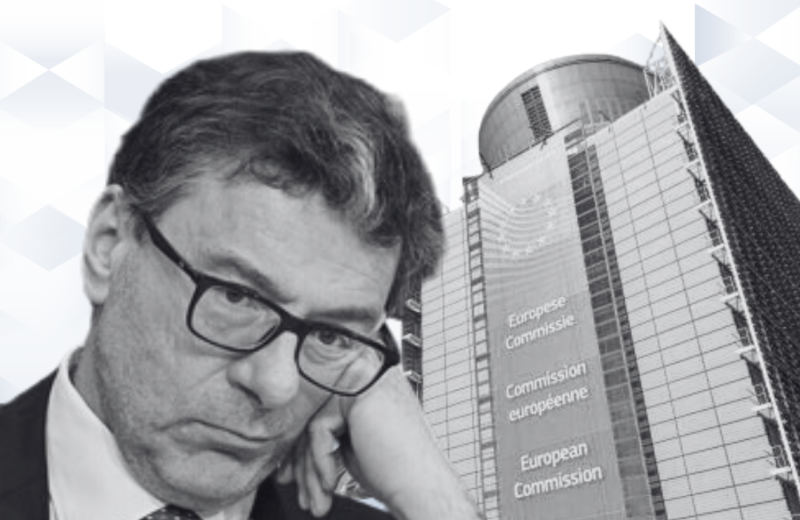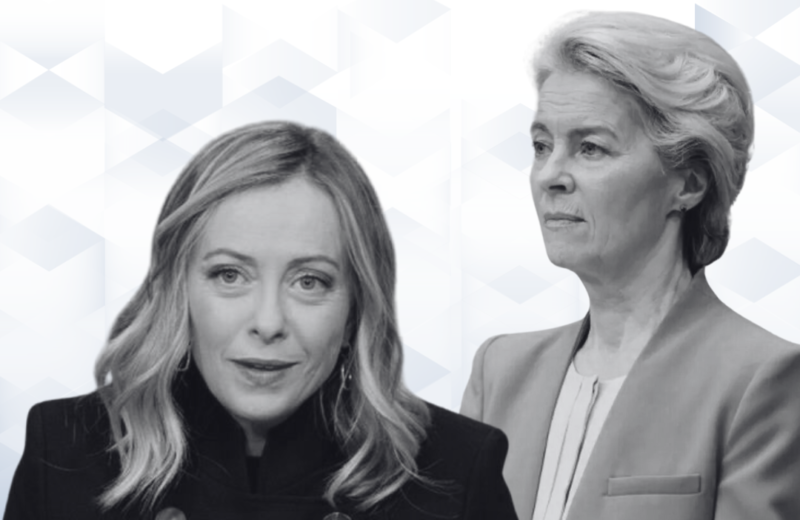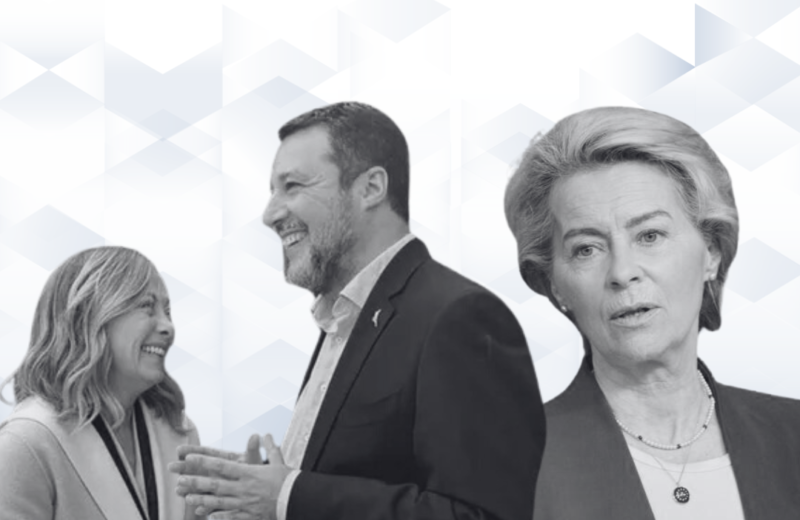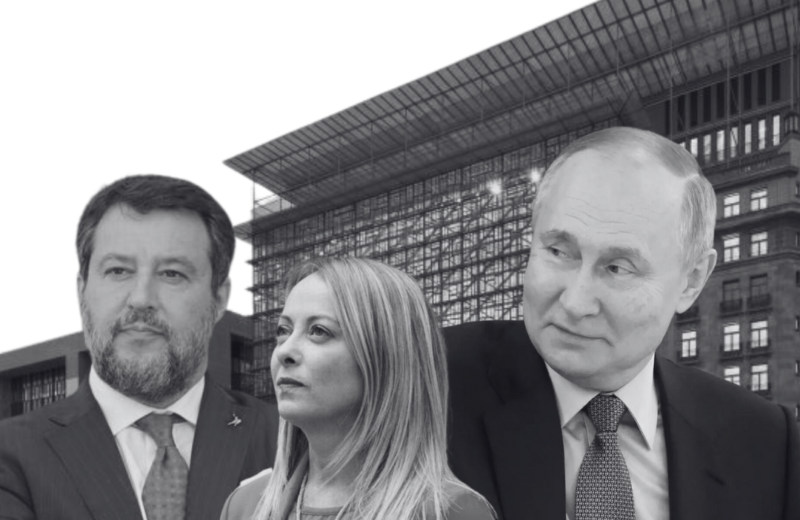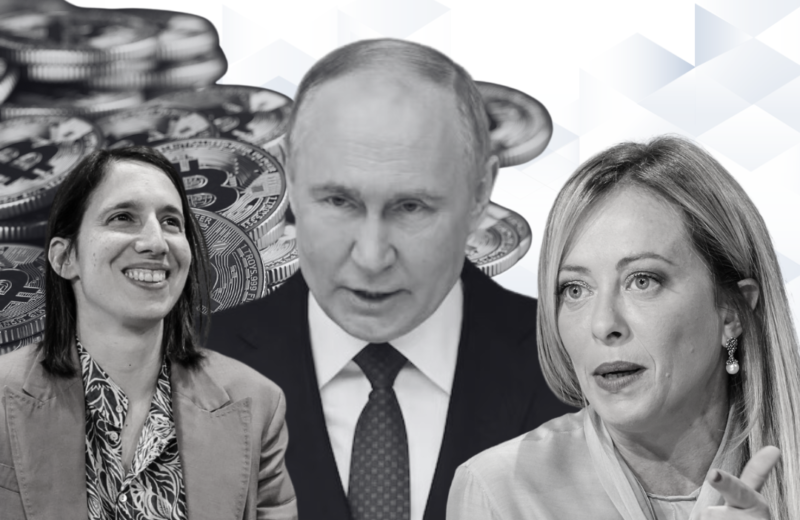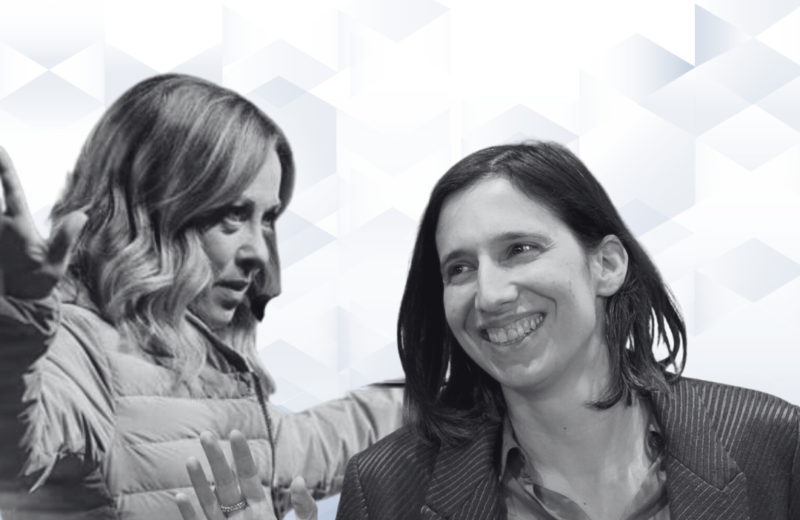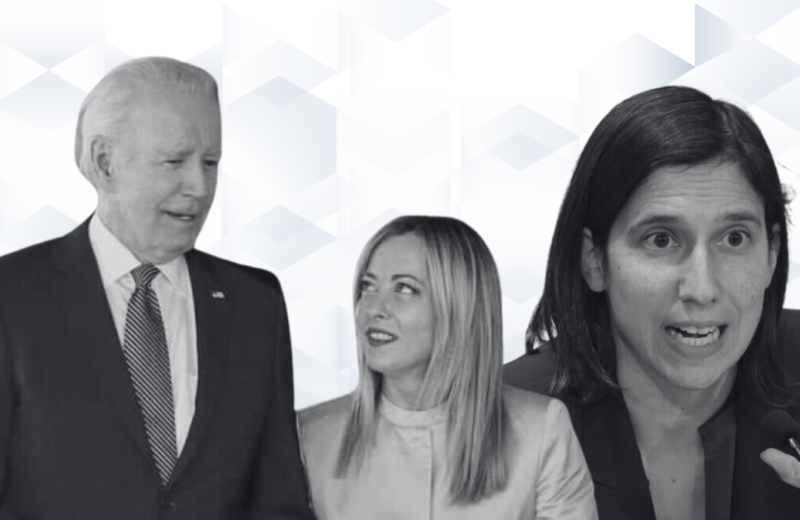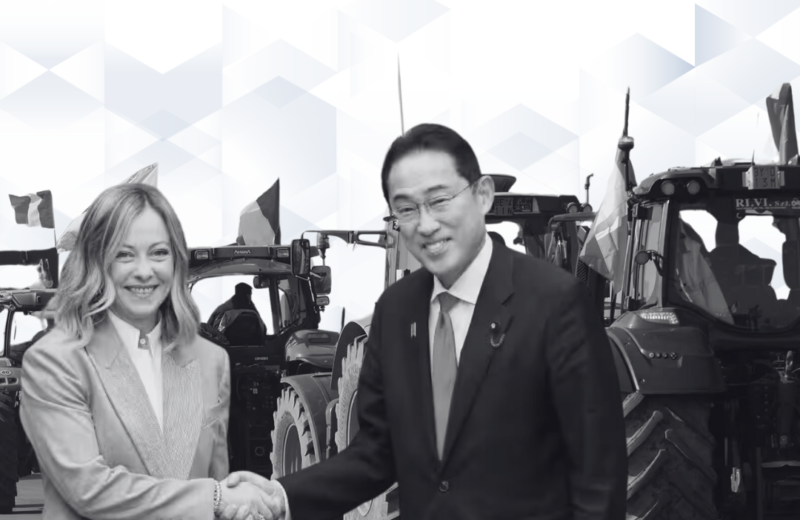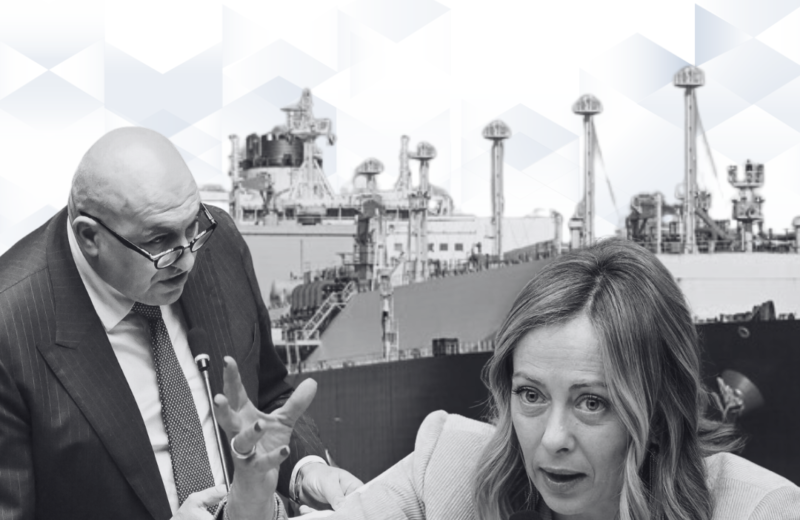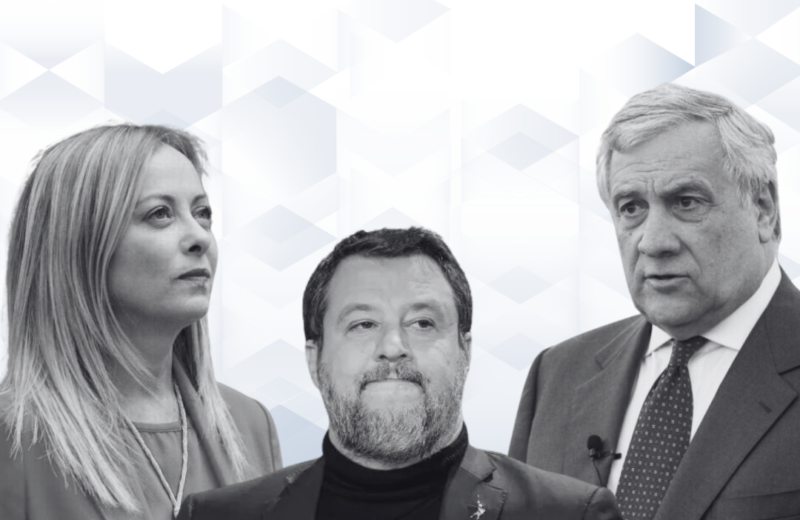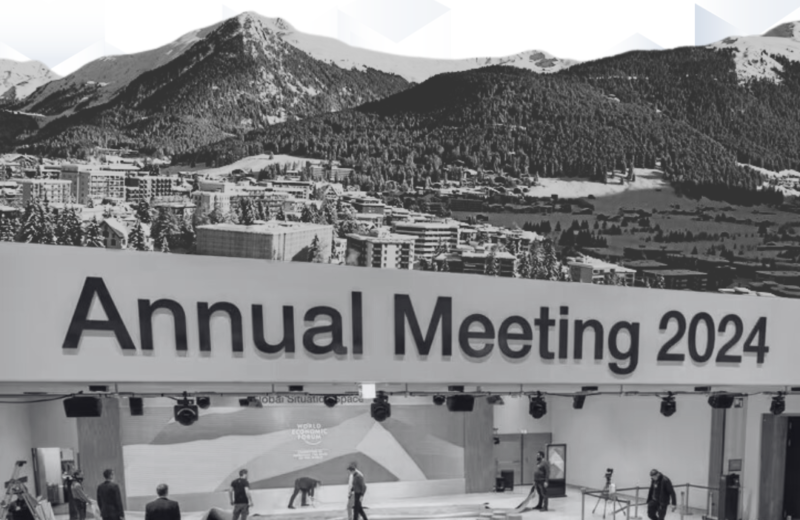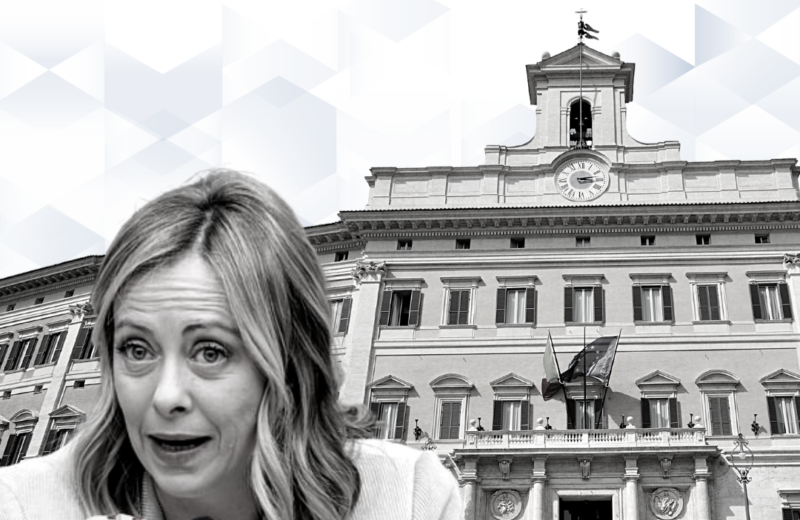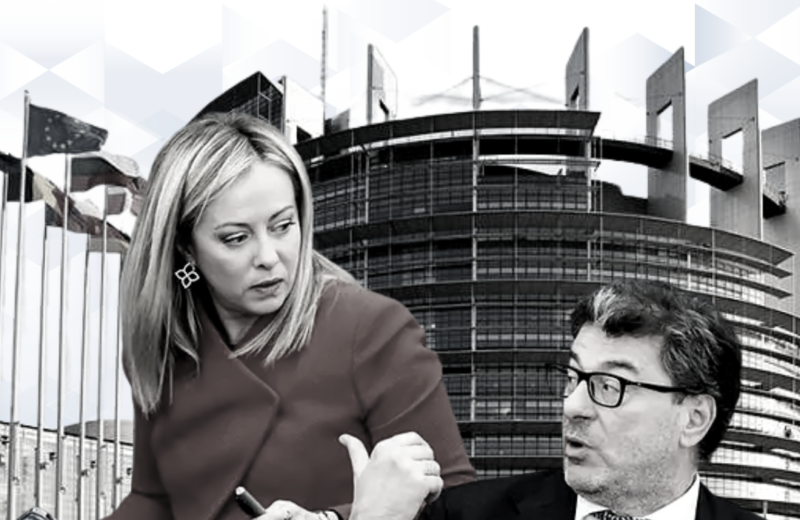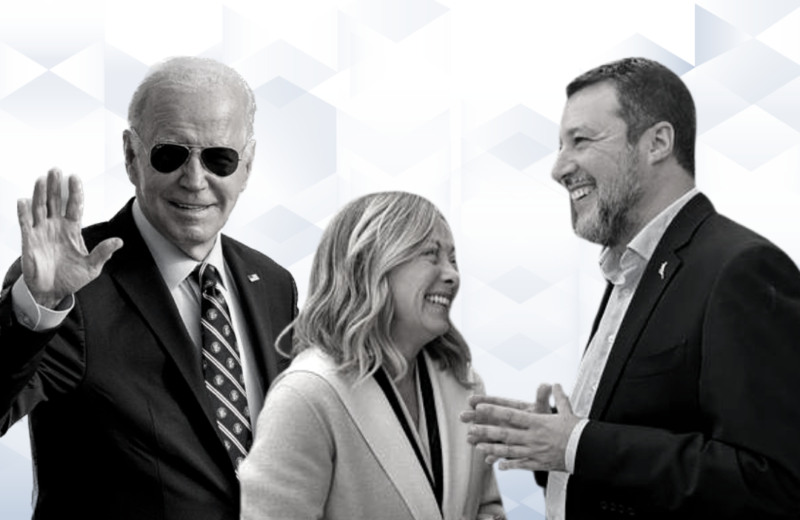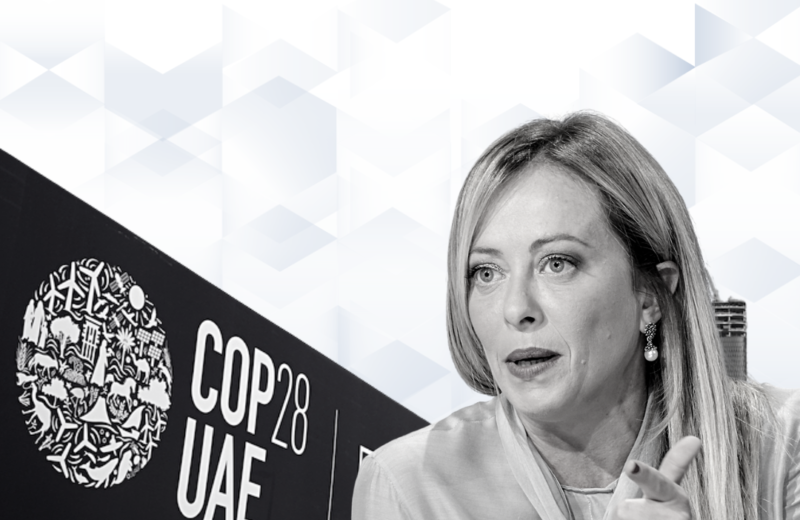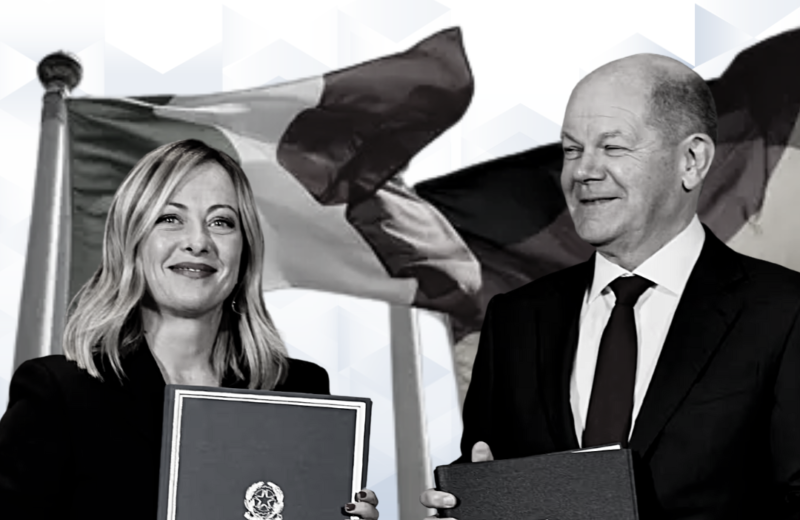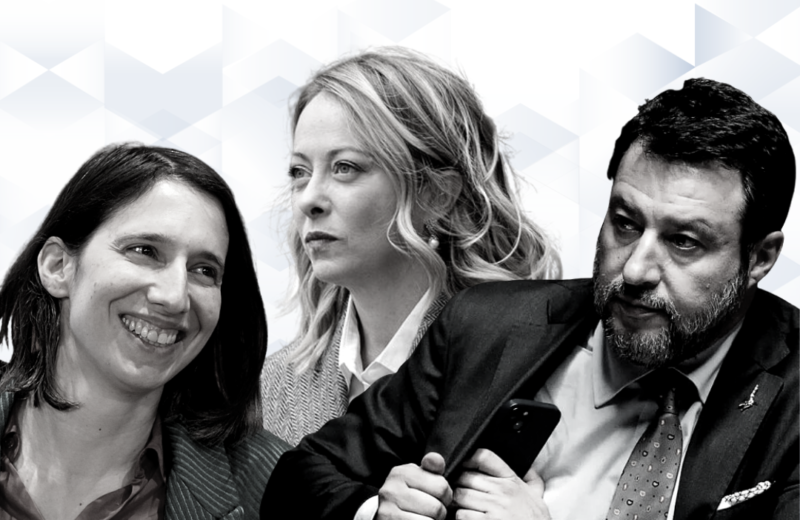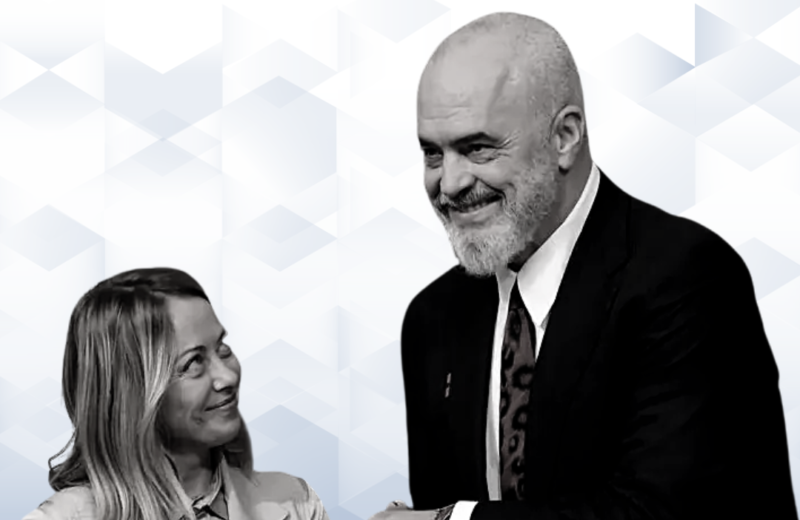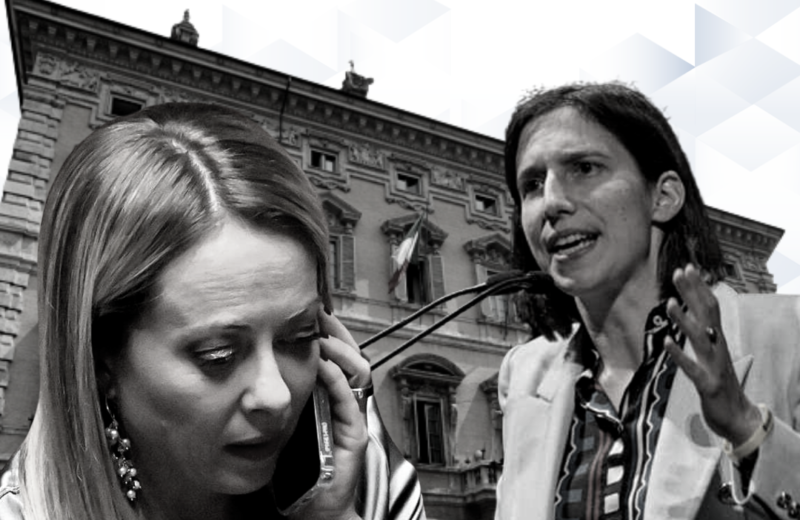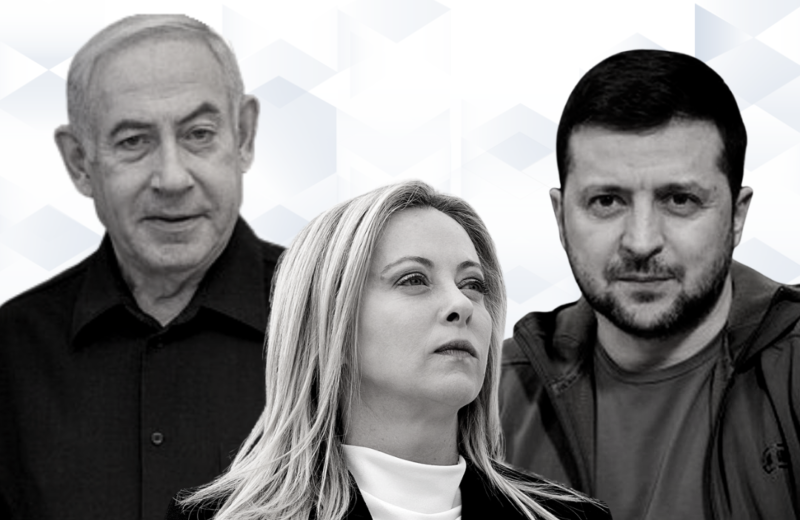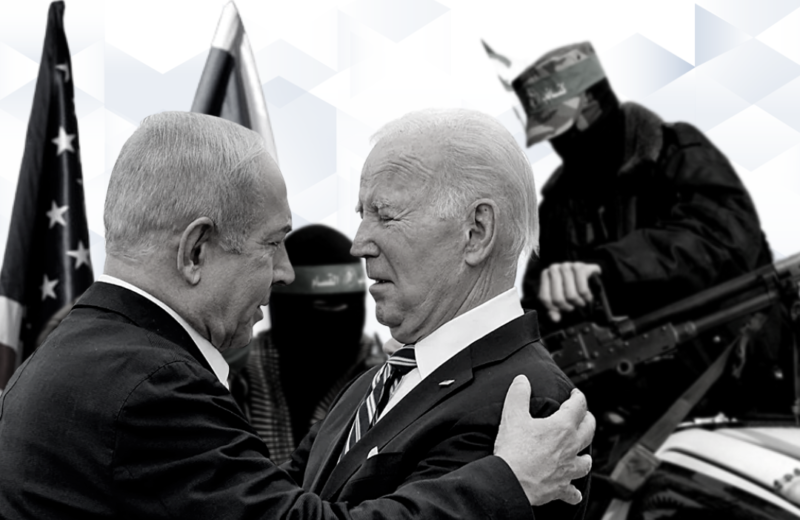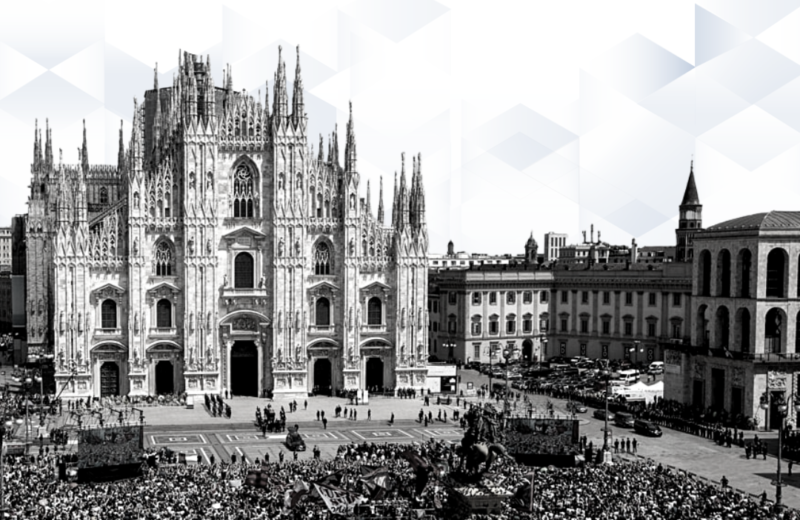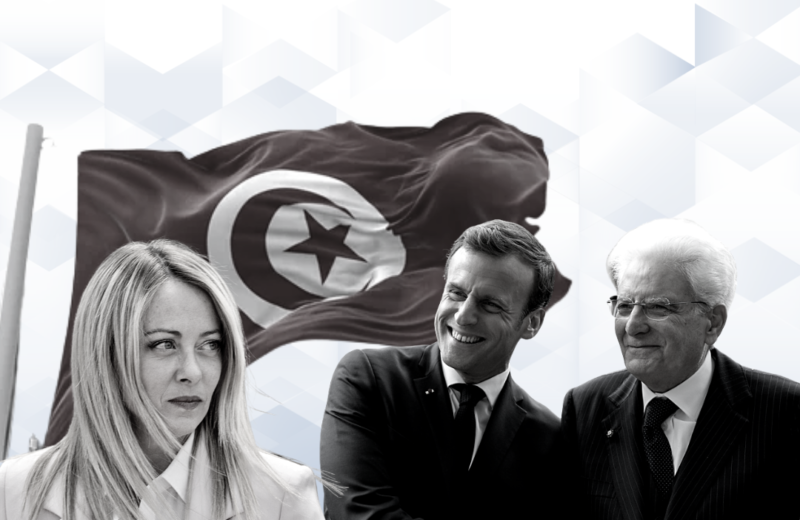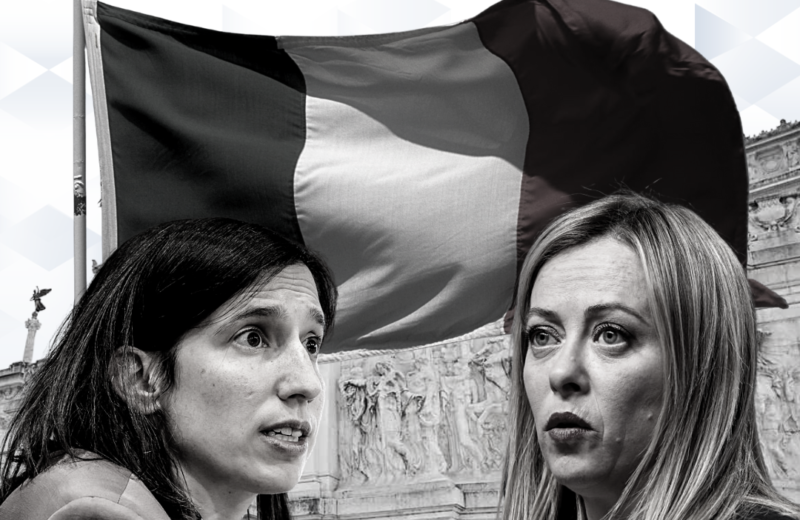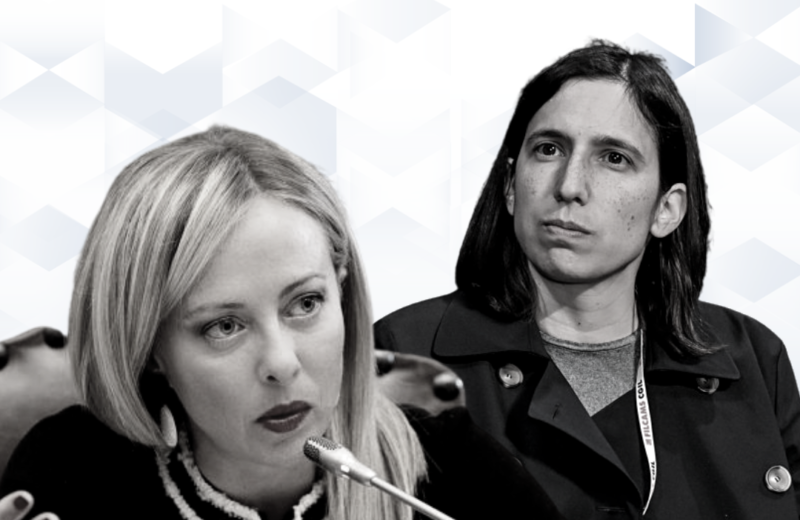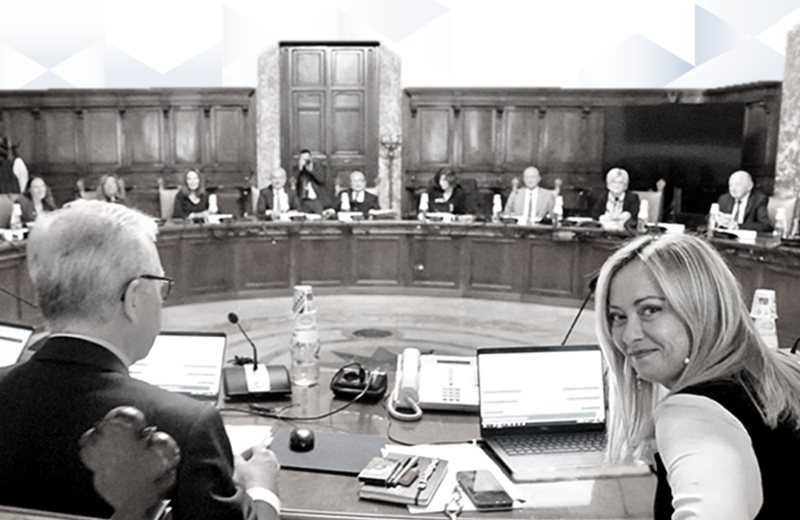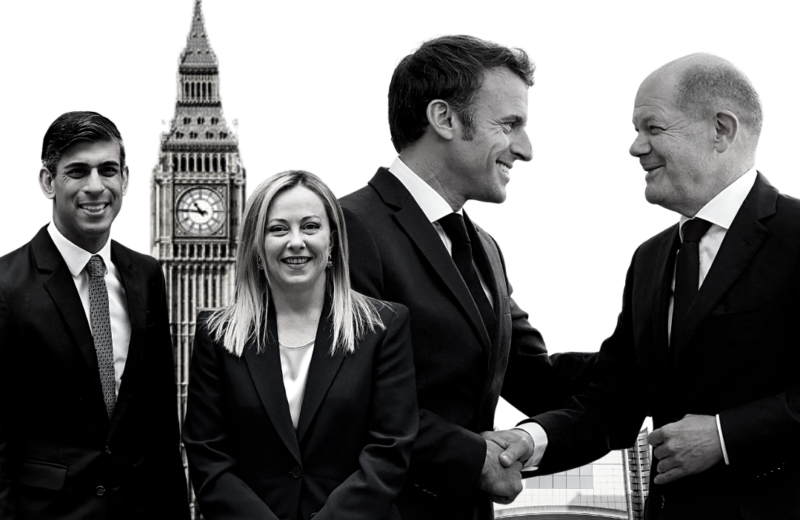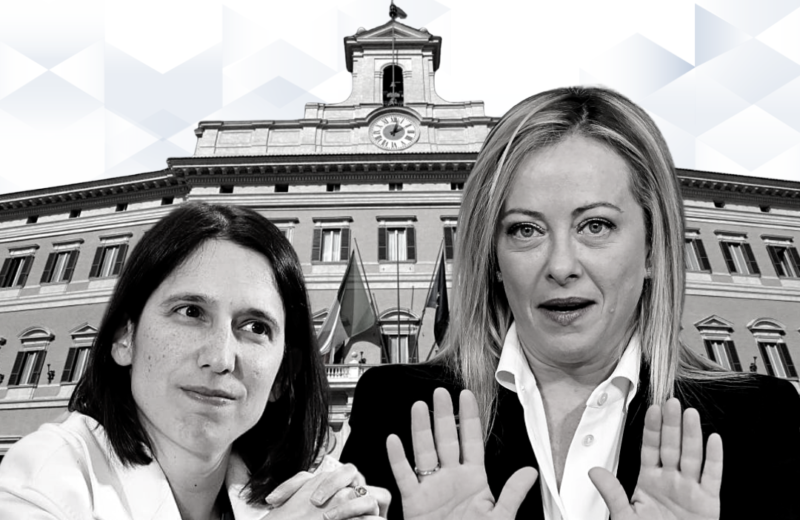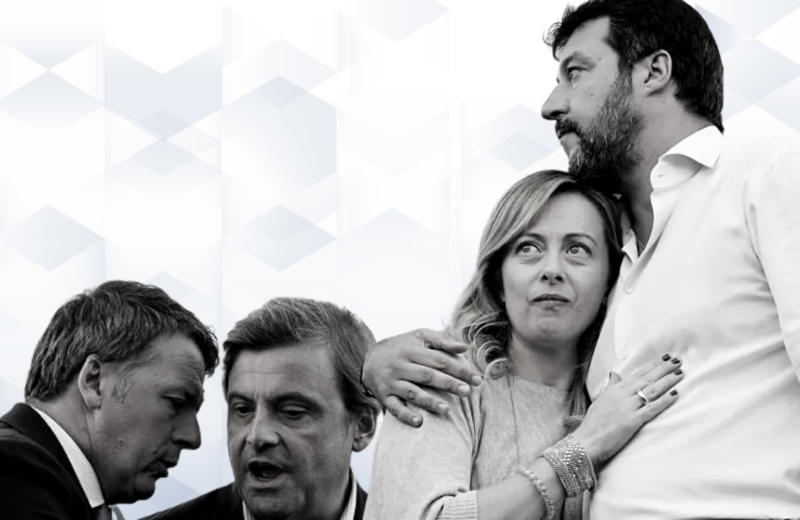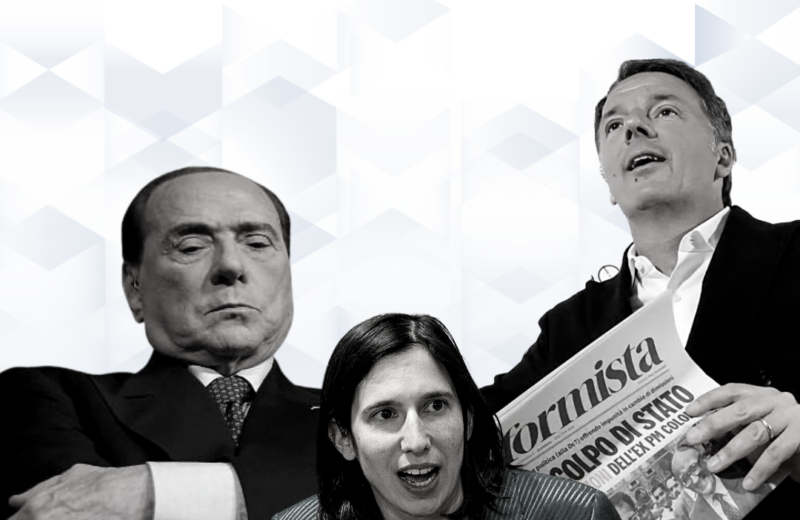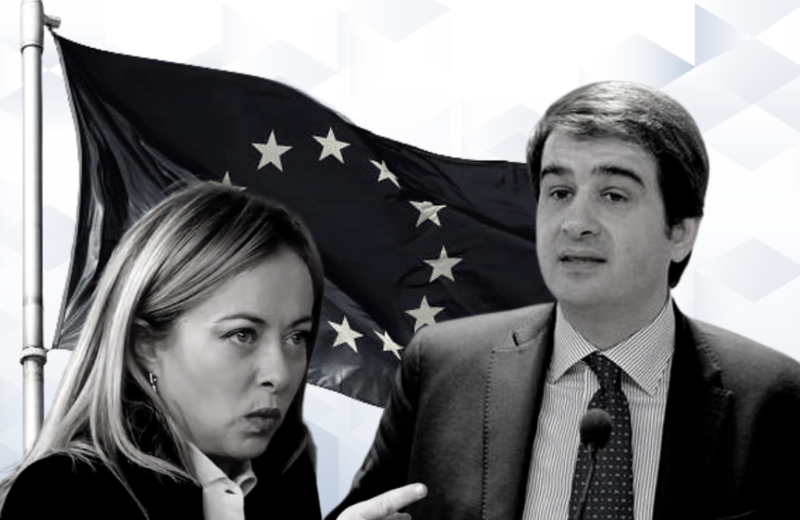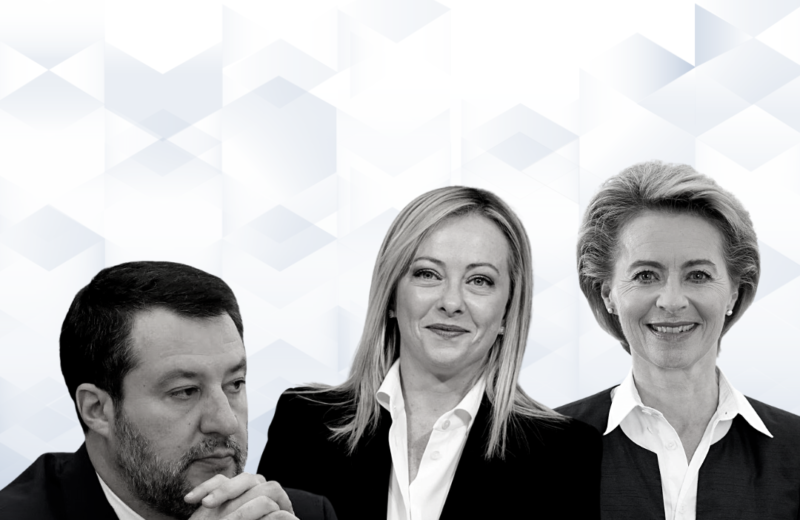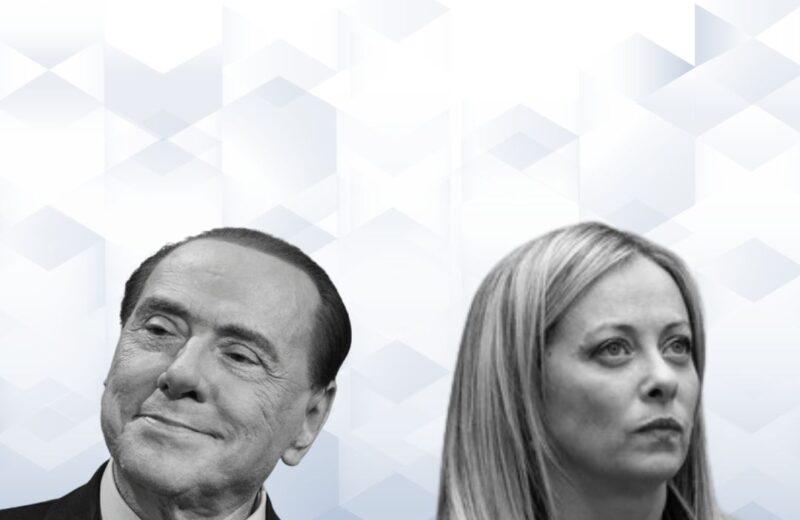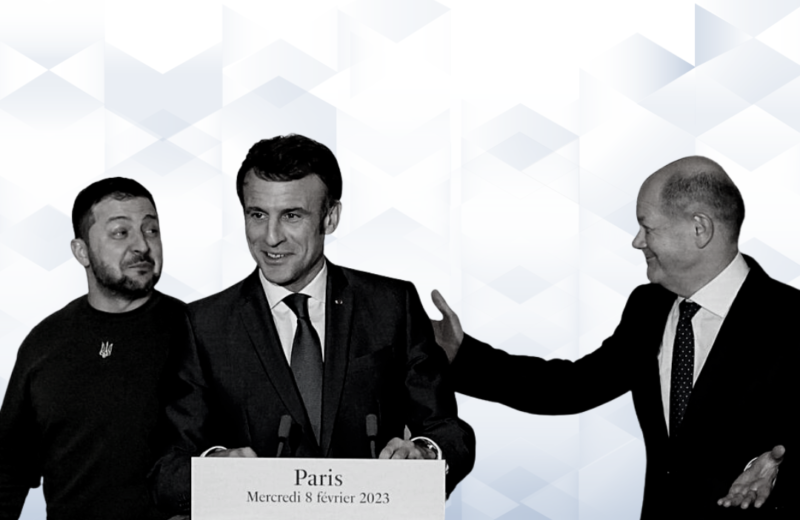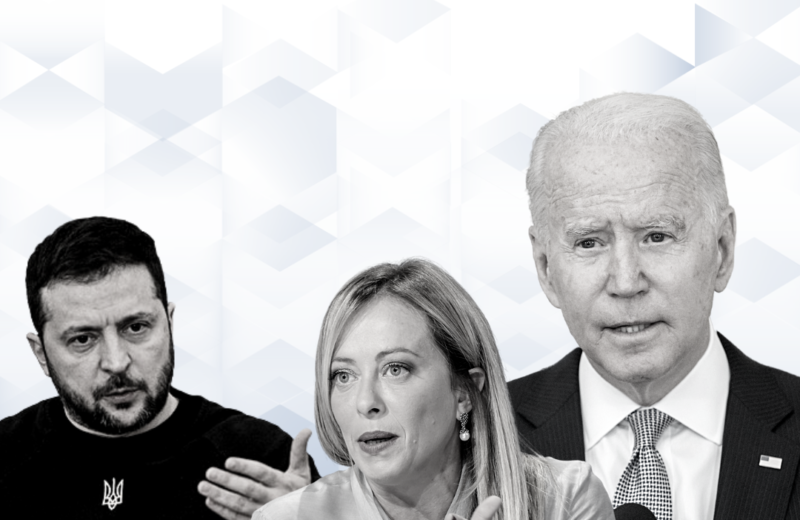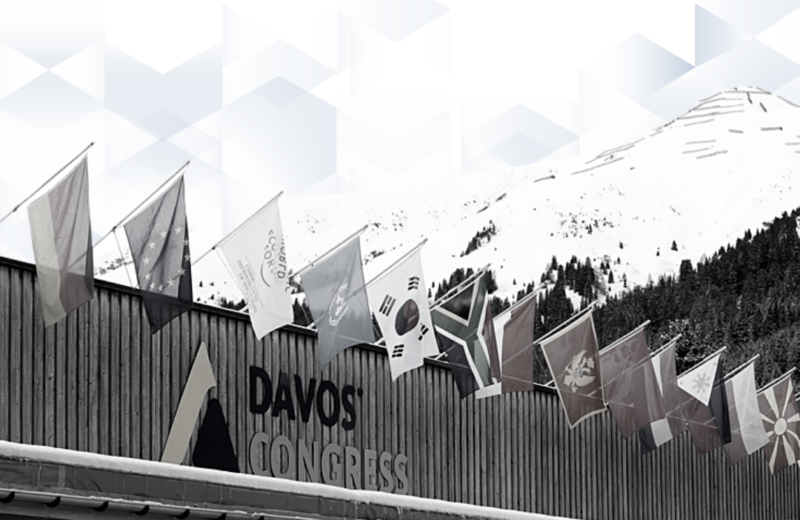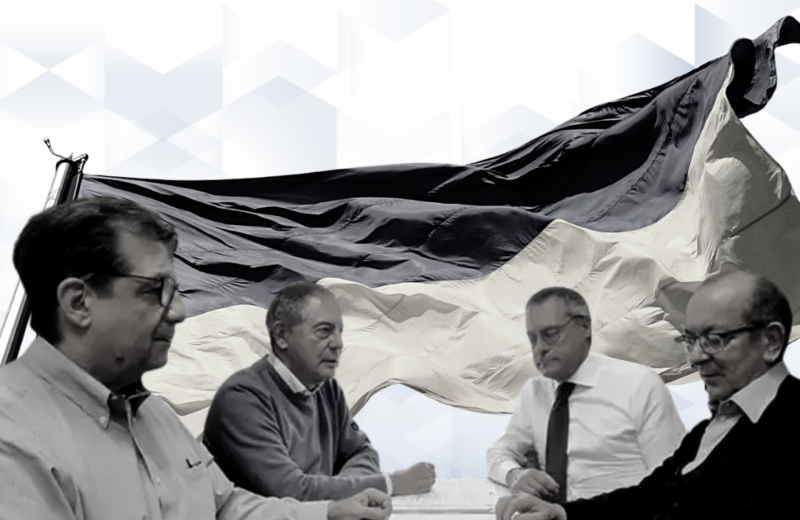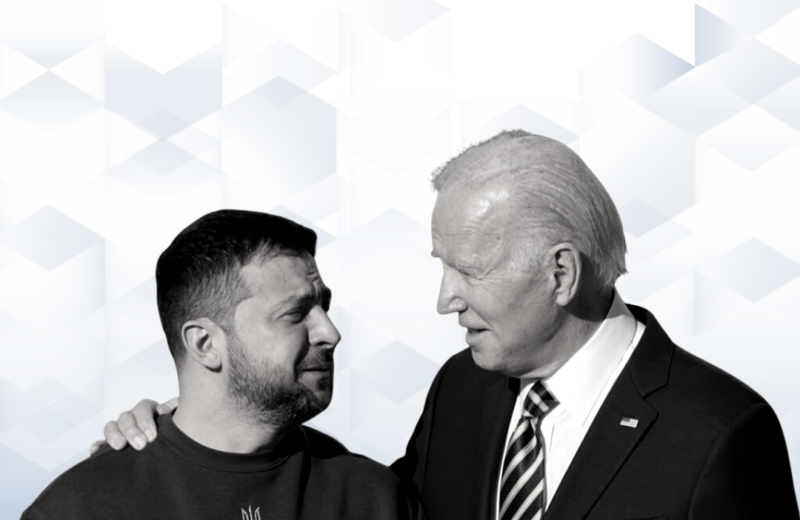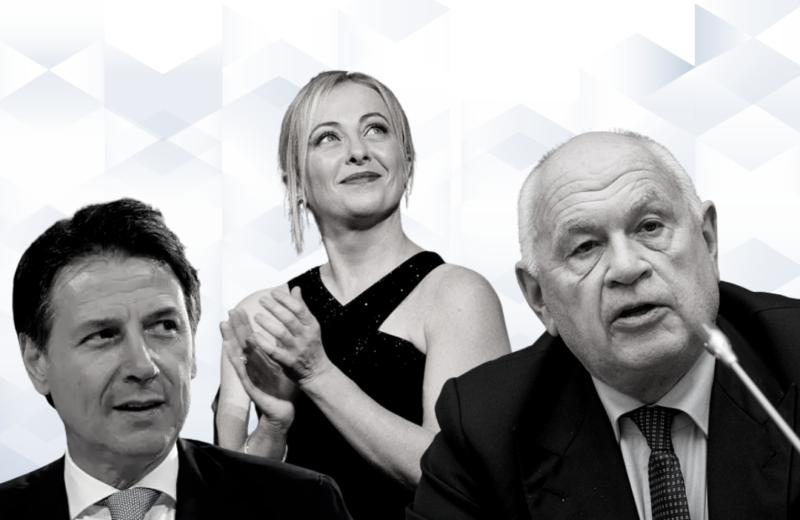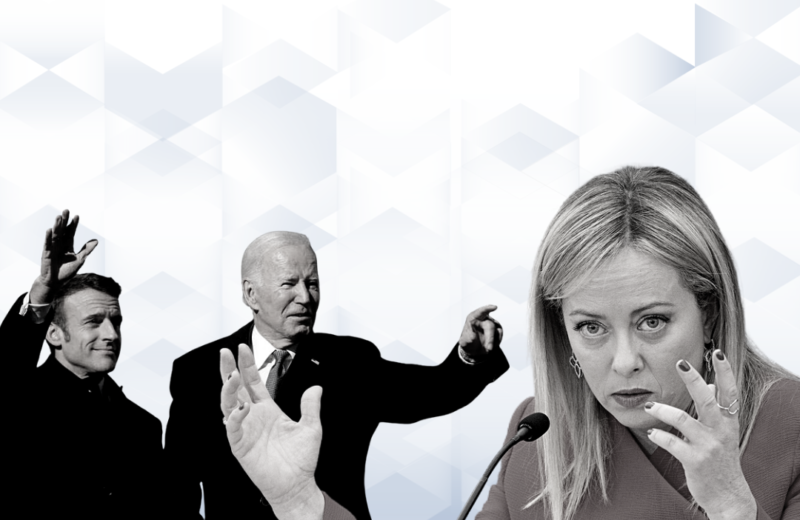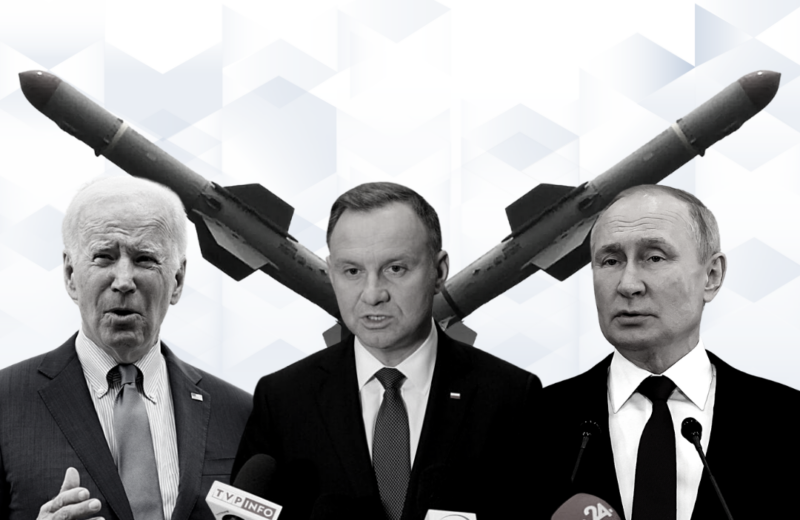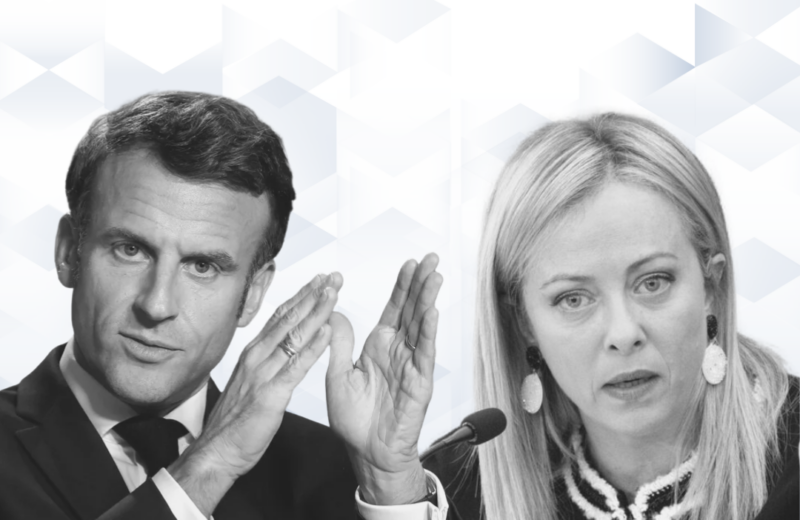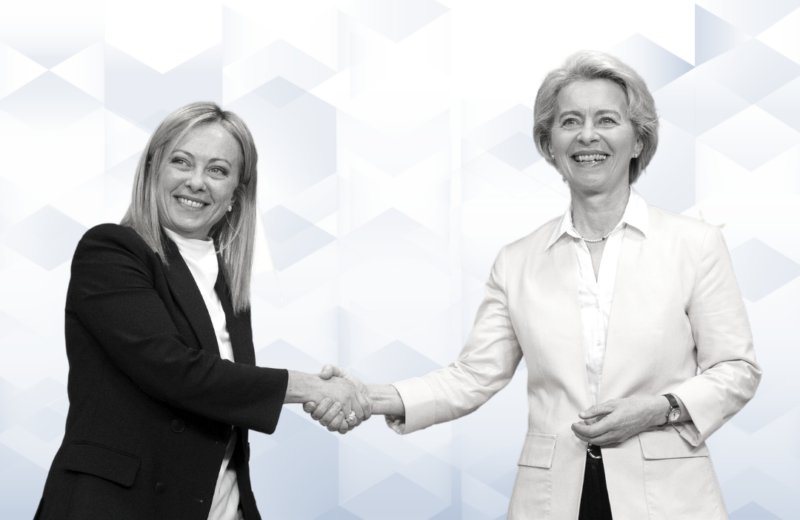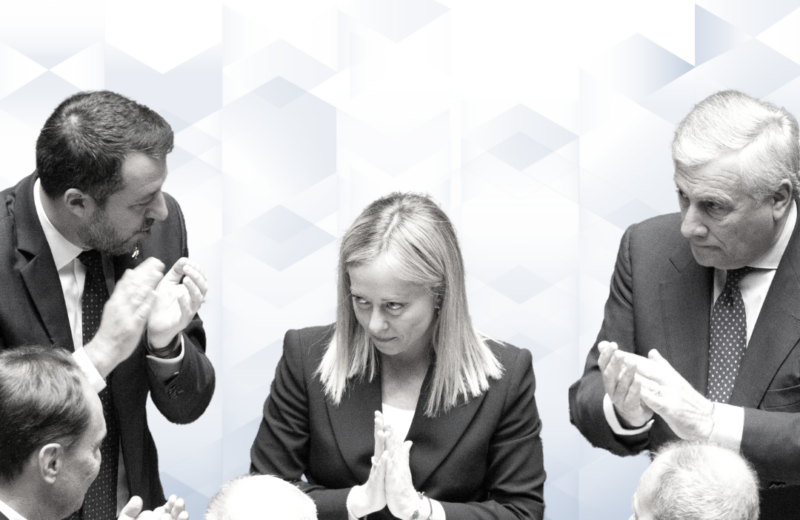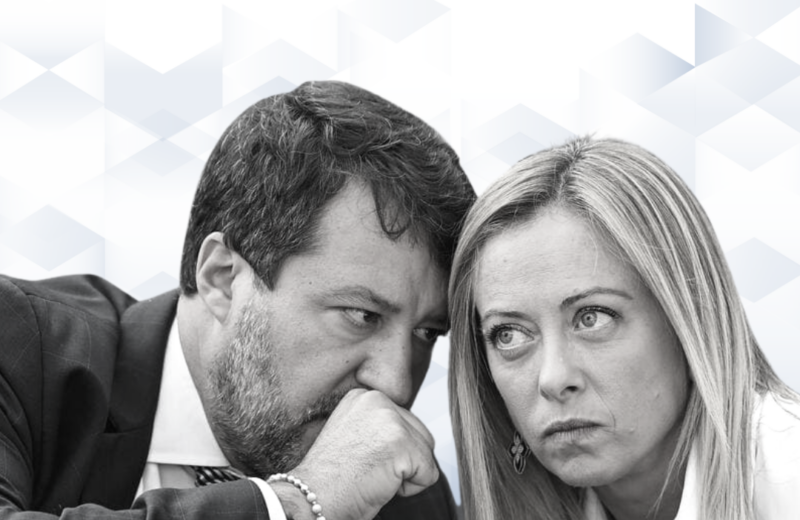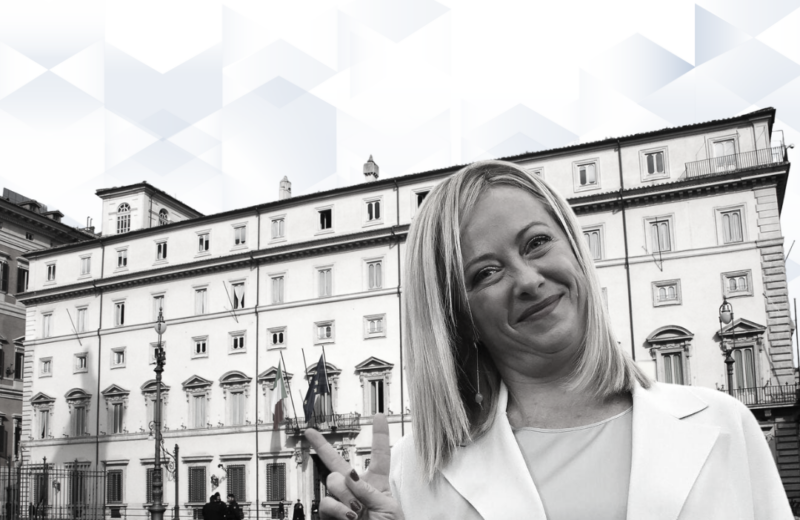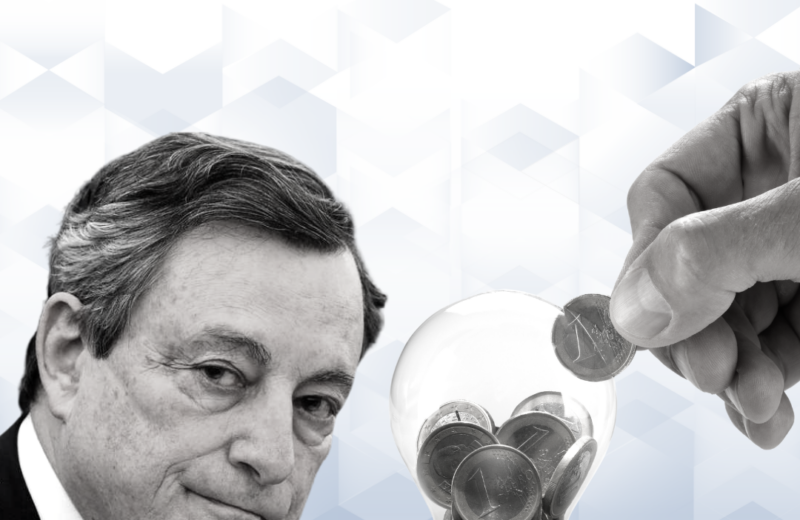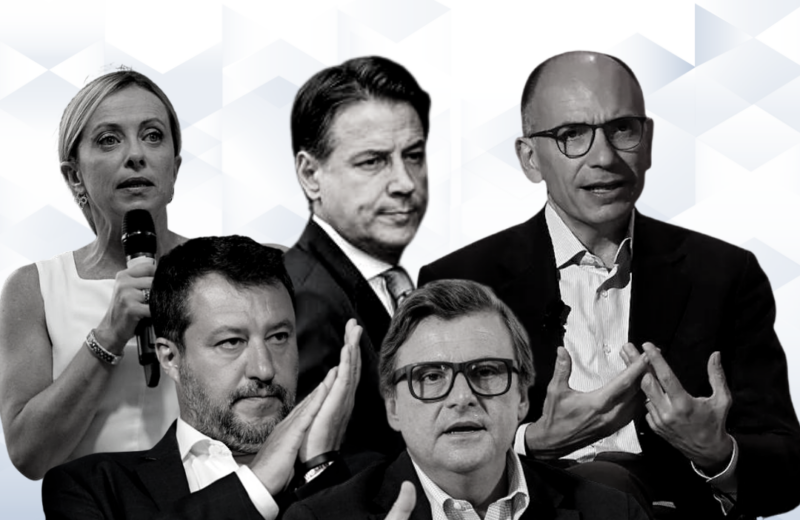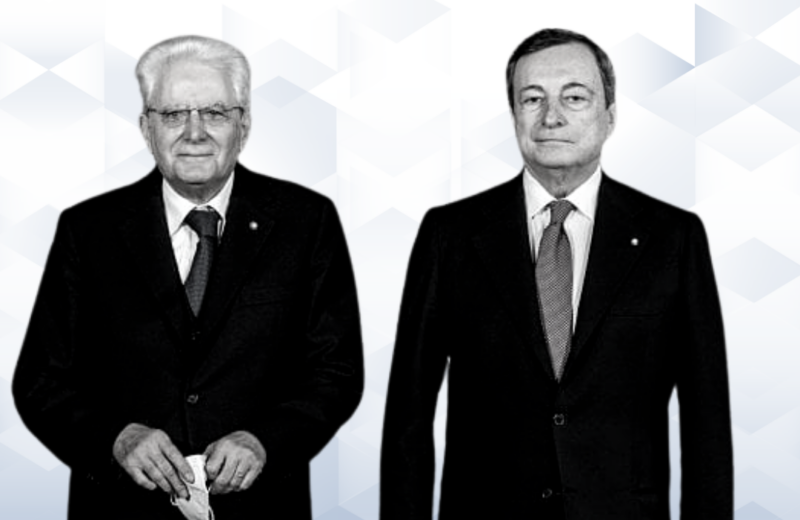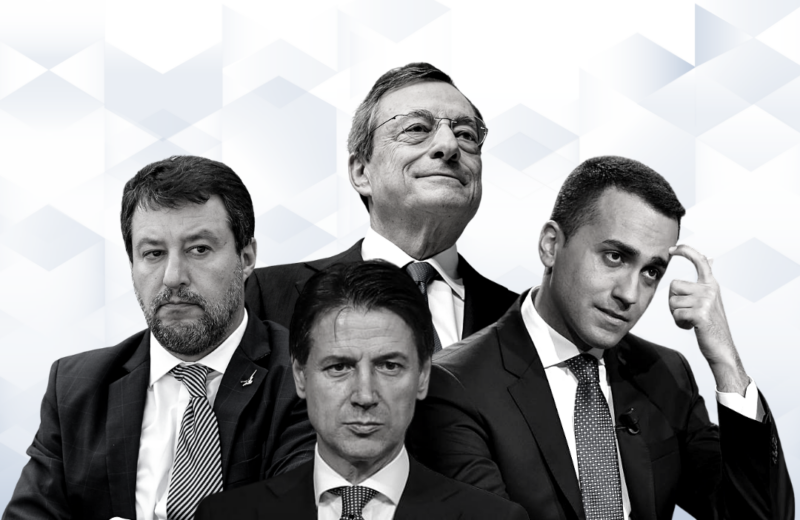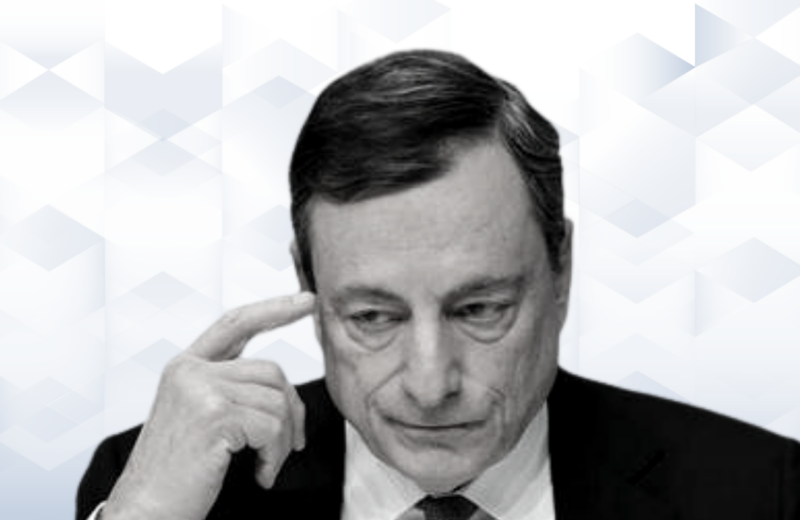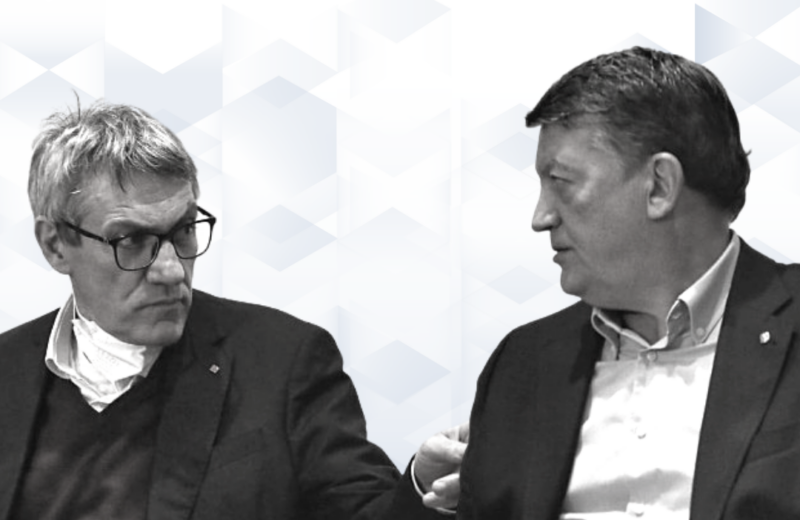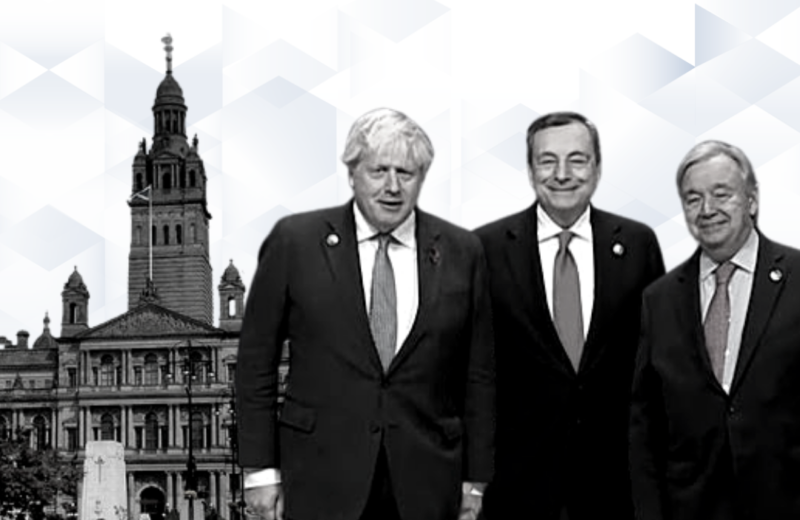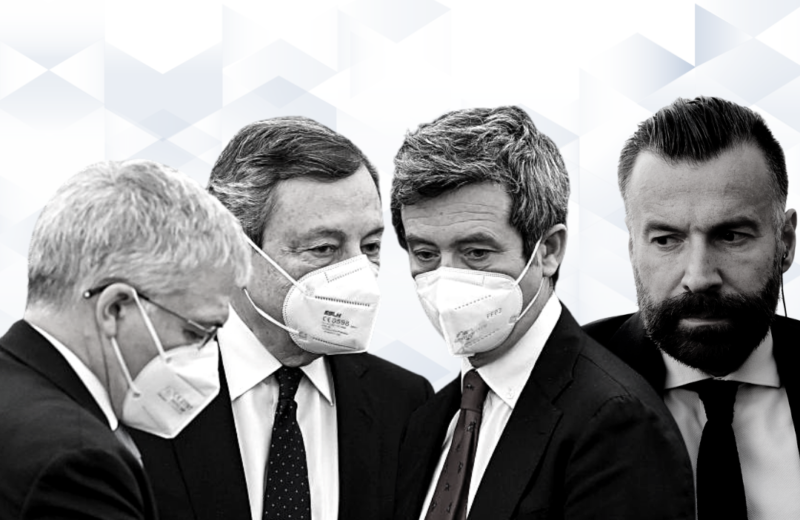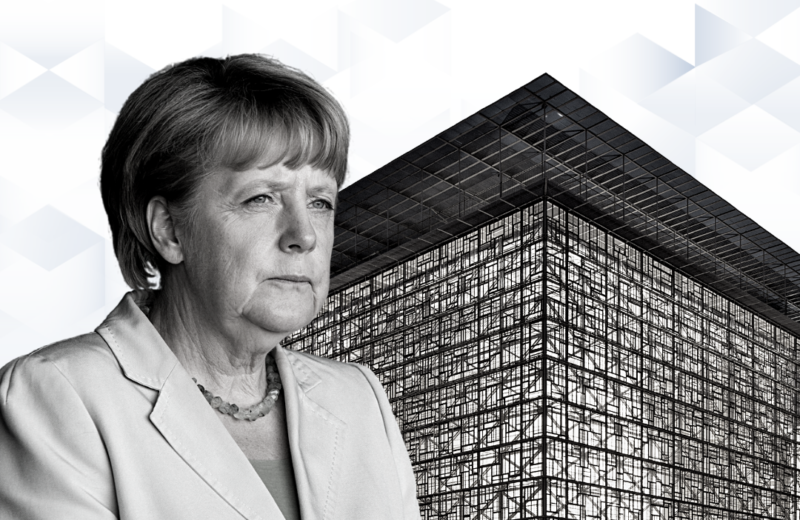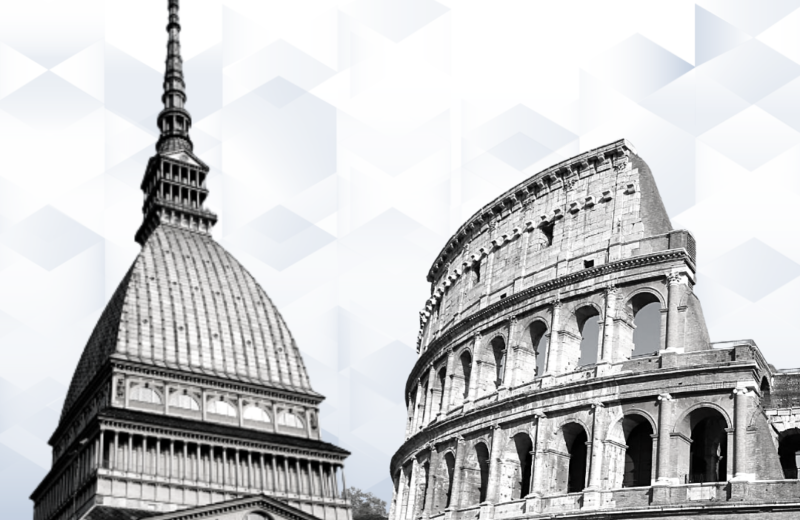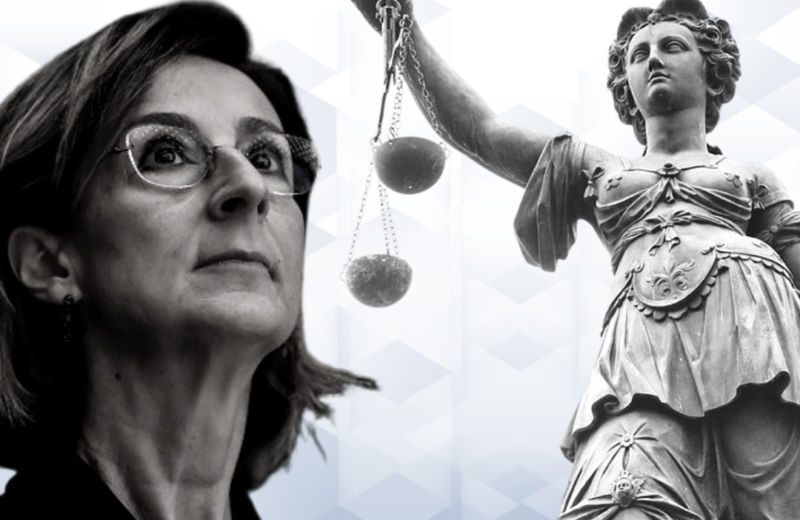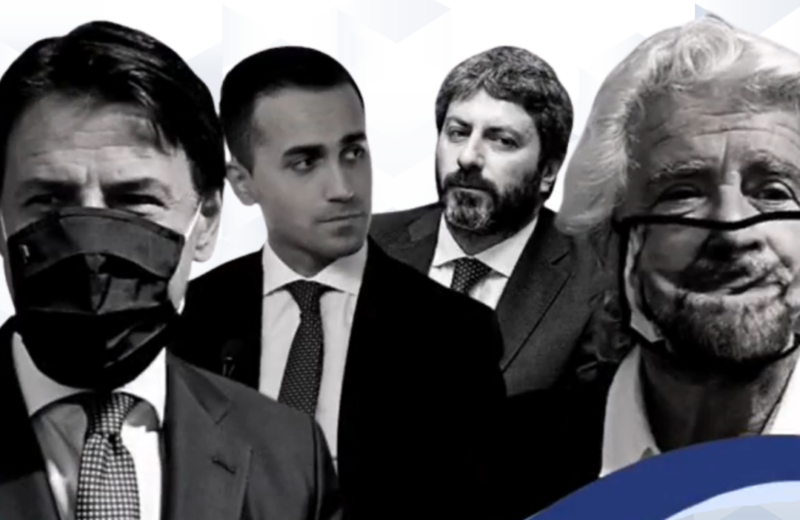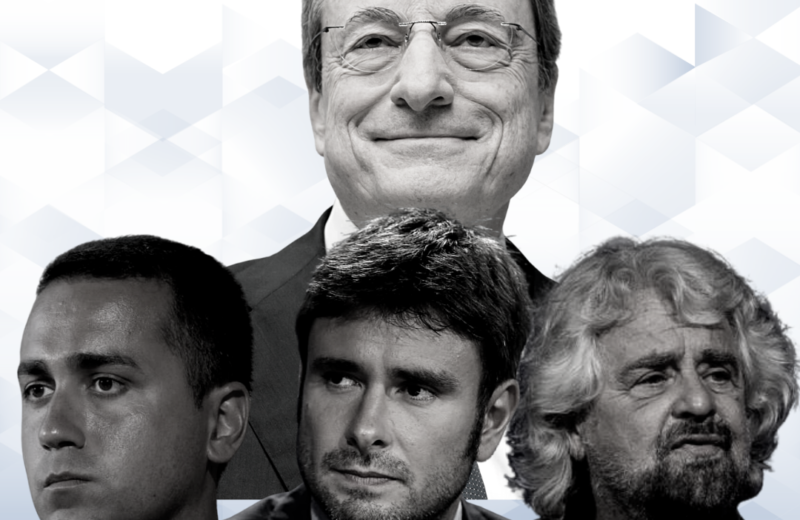Europe shaped by the Ukrainian crisis
The unfolding war in Ukraine has shocked Europe, which has felt threatened and under attack for the first time since World War II. Instead of falling into bewilderment and uncertainty, after some initial hesitation, the European Union has reacted promptly: the conflict and the dramatic events have encouraged the member states to behave, as far as possible, as a single political and military power.
Launching a new European project on the basis of the commitment to Ukraine was Prime Minister Mario Draghi in Strasbourg last Tuesday. The President of the Italian Council showed his determination in illustrating to the plenary session of the European Parliament the posture taken so far by Italy in the face of Russian aggression, outlining what in his opinion should be the new course of the EU towards a «pragmatic federalism that embraces all the areas affected by the ongoing transformations».
Draghi seems to be looking to an increasingly cohesive Europe in support of the Ukrainian people and united in sanctions and condemnation against Moscow. At the same time, a more dynamic and integrated Europe in different fields: from economy to energy, security and defense. According to Draghi, the European institutions, which in past decades would have served citizens well, appear quite inadequate to respond to today’s challenges, in an increasingly tense and rapidly evolving geopolitical framework. On this point, the Prime Minister has urged to «embrace with courage and confidence» a revision of the Treaties, should it be necessary to achieve the aim. Reference is made in particular to the need to overcome the principle of unanimity that would undermine the efficiency and speed of action of the Union, thus opening the way to qualified majority voting, able to ensure a more functional governance. With a view to greater integration, Draghi also spoke of the need to convene a conference to rationalize and optimize investment in military spending, building a true common defense which should be accompanied by a unified foreign policy.
Similar statements were also made by the President of the Republic, Sergio Mattarella, during his visit to Portugal. According to the Italian Head of State, the pandemic crisis and the war on Ukrainian soil have demonstrated the indispensability of cooperation at European level and underlined the importance for the Union of acquiring strategic autonomy.
The European Parliament’s decision to revise its electoral law is also directed towards these prospects. The measure, which will subsequently have to be examined by the European Council, would aim to elect from the next elections in 2024 a quota of parliamentarians using the transnational method, thus strengthening the integration process.
Despite the premises, the sixth package of European sanctions against Russia, announced by the Commission a few days ago, is having a slower and more complicated management than the previous measures, due to the gradual embargo on Russian oil contained in it. This last point is questioned in particular by Hungary but also by Slovakia, Czech Republic and Bulgaria. Taking advantage of this impasse, Pd secretary Enrico Letta has taken up Draghi’s position in highlighting how it is essential to overcome the right of veto that allows each individual country, as threatened by Viktor Orban’s Hungary, to block European action at any time. However, Letta declares himself confident of the possible federalist turn of Europe and distances himself from those who accuse the European Union of being subordinate to the US in the management of the conflict.
In fact, the approach to the Ukrainian crisis taken by the United States and the European Union could be an important topic on the occasion of Draghi’s visit to the White House next Tuesday. It is likely that this summit will carry more significance than the traditional meetings between the Italian and American heads of government: the ongoing war could substantially modify the current Euro-Atlantic order and it is likely that both sides want to reinforce their role in the international system.
